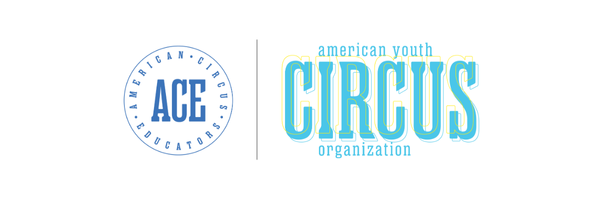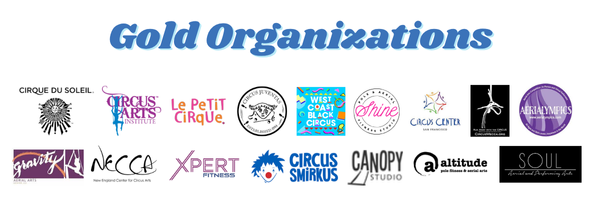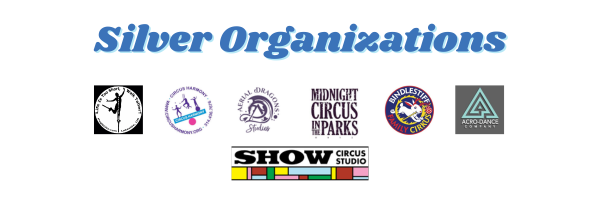“Social Circus Highlight: The Asian Social Circus Association (Asia)”
|| SOCIAL CIRCUS ||
Highlighting The Asian Social Circus Association
By Lindsay Bevan | April 5, 2019
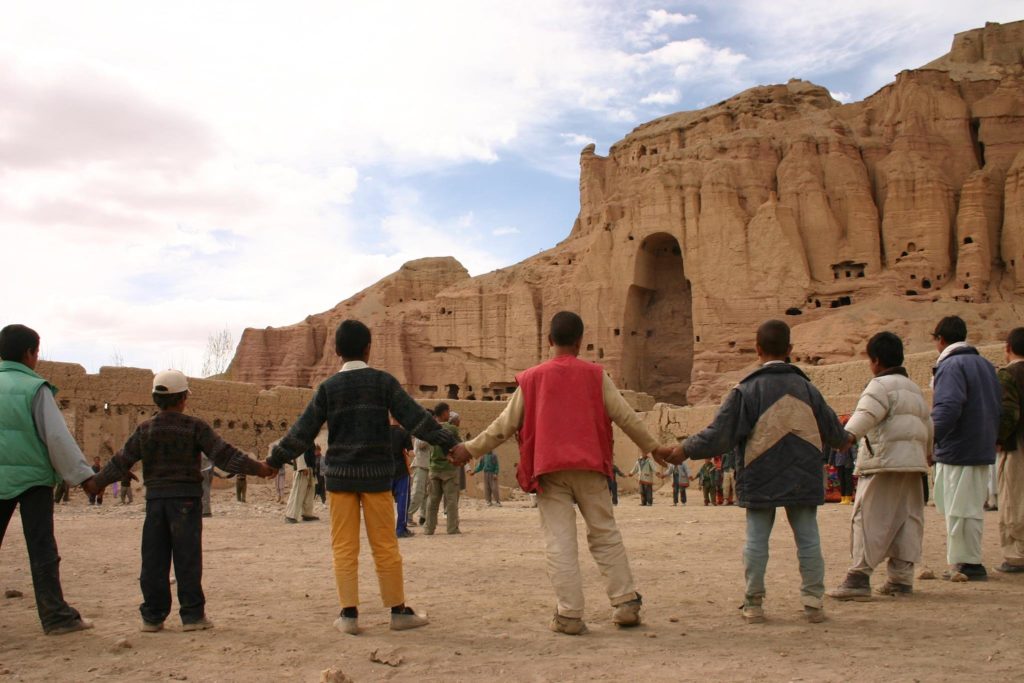
The story of the Asian Social Circus Association (ASCA) began in late 2012, when a group of likeminded individuals were introduced at the Chang Mai Circus Festival in Thailand. Travis and Aaron Johnson of the Vancouver Circus School (a coach-directed circus and acrobatic school in Vancouver, Canada) were encouraged to travel to Thailand with a team of instructors to donate circus equipment, lead workshops for at-risk youth and put on local performances by Jerry Snell, a circus artist and artistic director with deep roots within the Canadian and Asian circus communities.
While at the Chang Mai festival, Travis and Aaron were introduced to Dan Roberts, the founder of the Red Nose Foundation, an arts and educational outreach program based in Jakarta. Dan had spent part of his youth in Indonesia, and after working with a variety of youth circus groups in the United States, he organized a 10-week solo circus expedition throughout Indonesia in 2008. It was during this expedition that Dan decided to stay in Indonesia and start the Red Nose Foundation. The Red Nose Foundation provides arts and education classes to over 300 underprivileged children each week and since its inception, has reached over 75,000 people across Indonesia.
Following their initial discussions in Chang Mai, Travis, Aaron, Jerry and Dan continued to discuss their shared goal of expanding social outreach through circus arts and created the Asian Social Circus Association (“ASCA”) in early 2013.
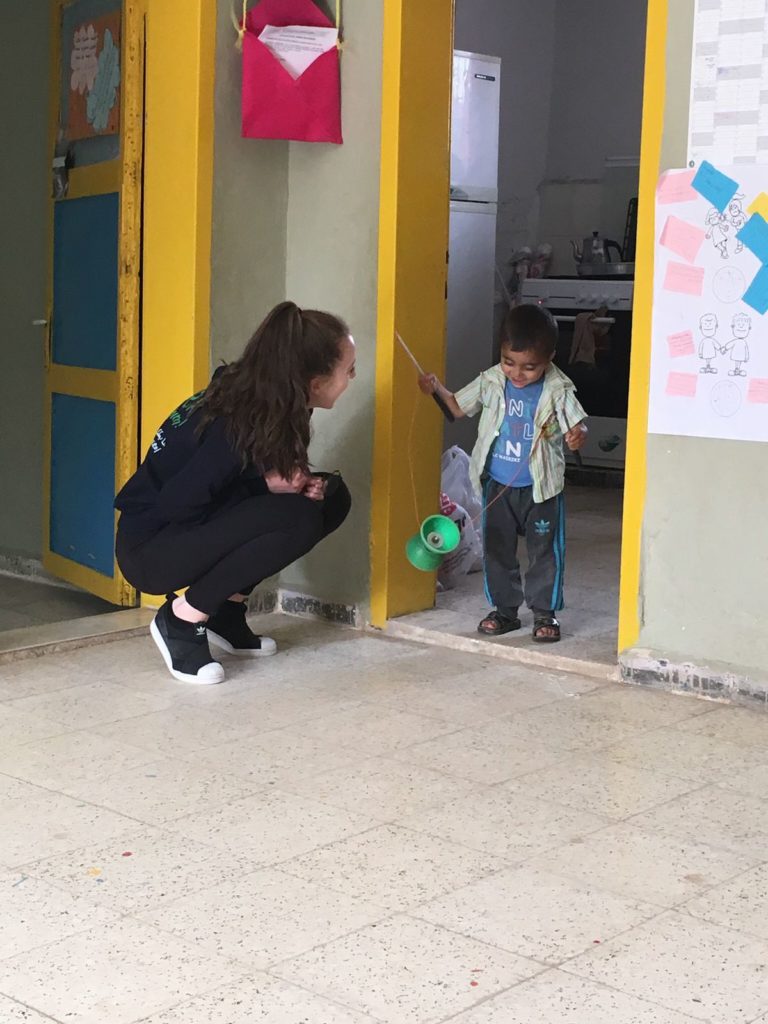
Since its founding, the scope of projects that ASCA is involved with has grown tremendously, with partner organizations running programs for at-risk and disadvantaged youth throughout the Asia Pacific region and the Middle East. The board of directors now includes many experienced social circus program coordinators, including David Mason of Mobile Mini Circus for Children (A Kabul, Afghanistan based organization that has reached over 2.7 million Afghan children since 2002) and Jean Noel Walkowiak of Phare Ponleu Selpak (A Battambang, Cambodia headquartered organization that has been improving the lives of children, young adults and their families with art schools, educational programs and social support since 1994).
In addition to the many ongoing programs run by its partner organizations, ASCA has been committed to raising global awareness of social circus as an intervention tool and held the first international Social Circus Day in 2016. In its first year, Social Circus Day was celebrated in 32 countries and involved 59 organizations. By 2018, Social Circus Day had grown to include 67 organizations across 36 countries. Social Circus Day provides an opportunity for circus groups to engage with their local communities, increase awareness of social circus programs for marginalized groups, and connect and collaborate with other likeminded artists and performers throughout the world.
While ASCA has experienced considerable growth and success over the last six years, there are many challenges to developing and sustaining social circus programs. Working with disadvantaged groups often means operating in areas with inadequate infrastructure and public resources, as well as regions suffering from violent conflict, economic stagnation and influxes of foreign refugees or internally displaced persons.
— Advertisement —
Beyond the challenges posed by environmental factors, at-risk youth may have experienced and be suffering from a broad spectrum of trauma, including mental and physical disabilities, mental, physical and sexual abuse, alcohol or drug addiction, homelessness and inadequate access to basic resources including proper nutrition and healthcare. In order to be effective, social circus programs need to be tailored to accommodate and engage participants given the trauma that they have experienced.
Lastly, different cultural norms can impact the success of projects and therefore it is imperative that foreign program coordinators and instructors are cognizant of these sensitivities and work with local coordinators and instructors to ensure they are familiar with and respectful of local customs and expectations.
Despite all of these challenges, circus arts are a very effective medium for social intervention because of their intrinsic universality and inclusivity. Unlike many sports or other social activities, there are no gender or age assumptions around who should participate in circus arts. The broad range of activities within “circus” also ensures that children at all age and skill levels are able to participate in a meaningful way. Circus is a medium that transcends language and cultural barriers, and provides a safe, non-competitive atmosphere where children can be children.
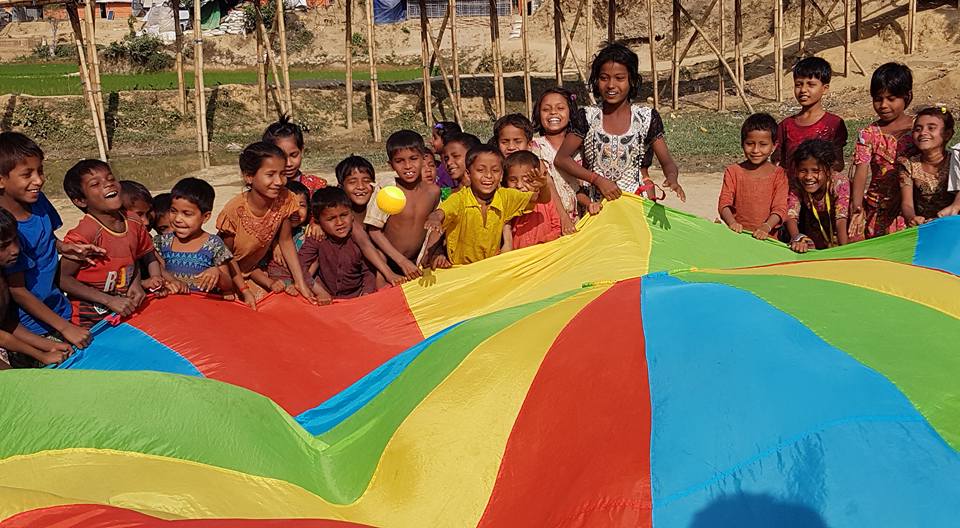
In 2019, ASCA and its partner organizations are continuing to expand: David Mason has recently expanded MMCC from Afghanistan to Bangladesh in order to provide outreach to the Rohingya refugees from Myanmar, Dan Roberts has returned to Chicago to work with at-risk youth through CircEsteem, a group devoted to uniting youth from diverse racial, cultural, and economic backgrounds and helping them build self-esteem and mutual respect through the practice and performance of circus arts; and, Travis Johnson has recently created the Social Circus Foundation, a non-profit organization founded to provide a safe, supportive environment that fosters personal and social development by utilizing circus as a catalyst to create positive social change in at-risk and marginalized areas in Vancouver and around the world.
Back to ACE MAG 2019: ISSUE 1, VOL. 15
— Advertisement —
